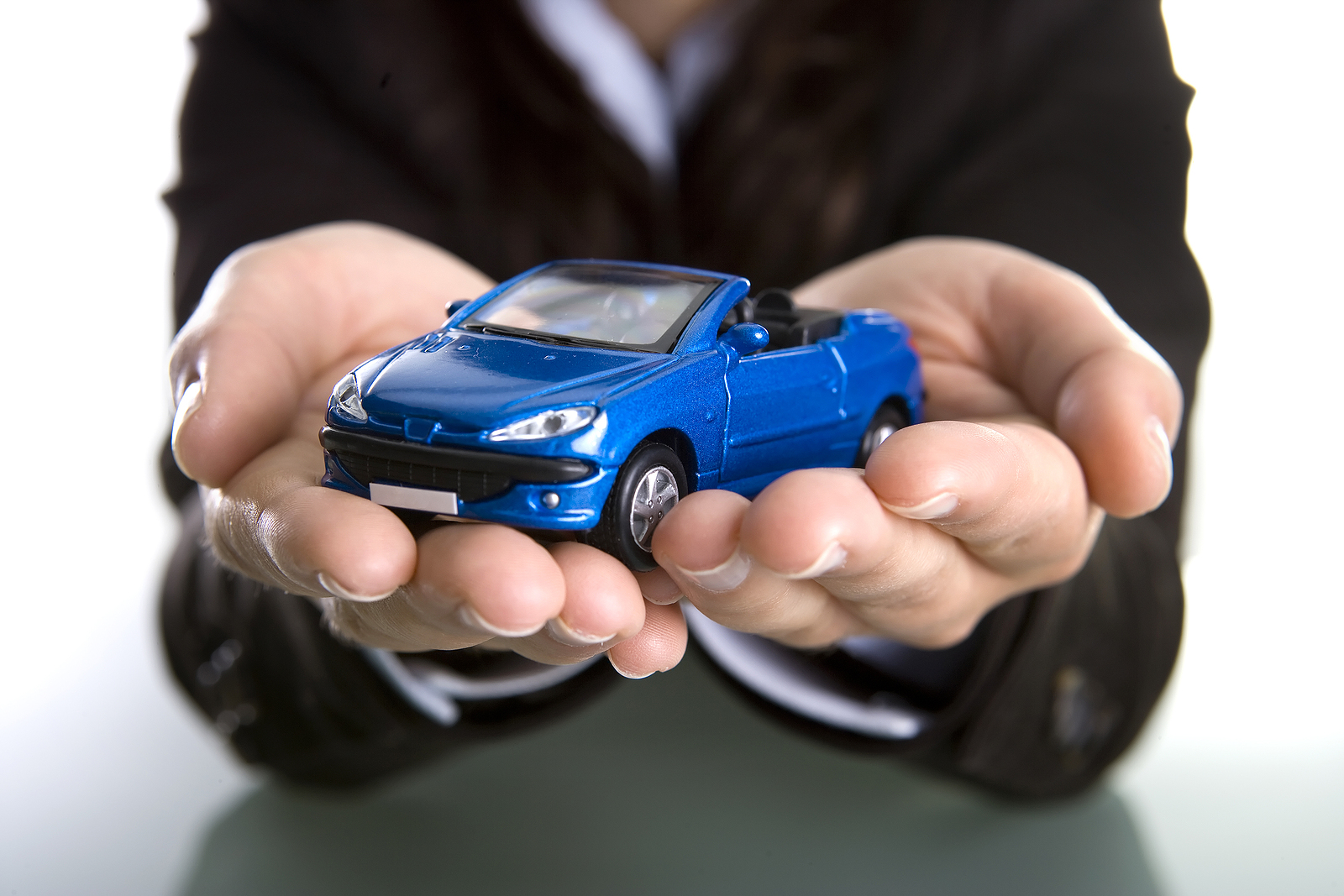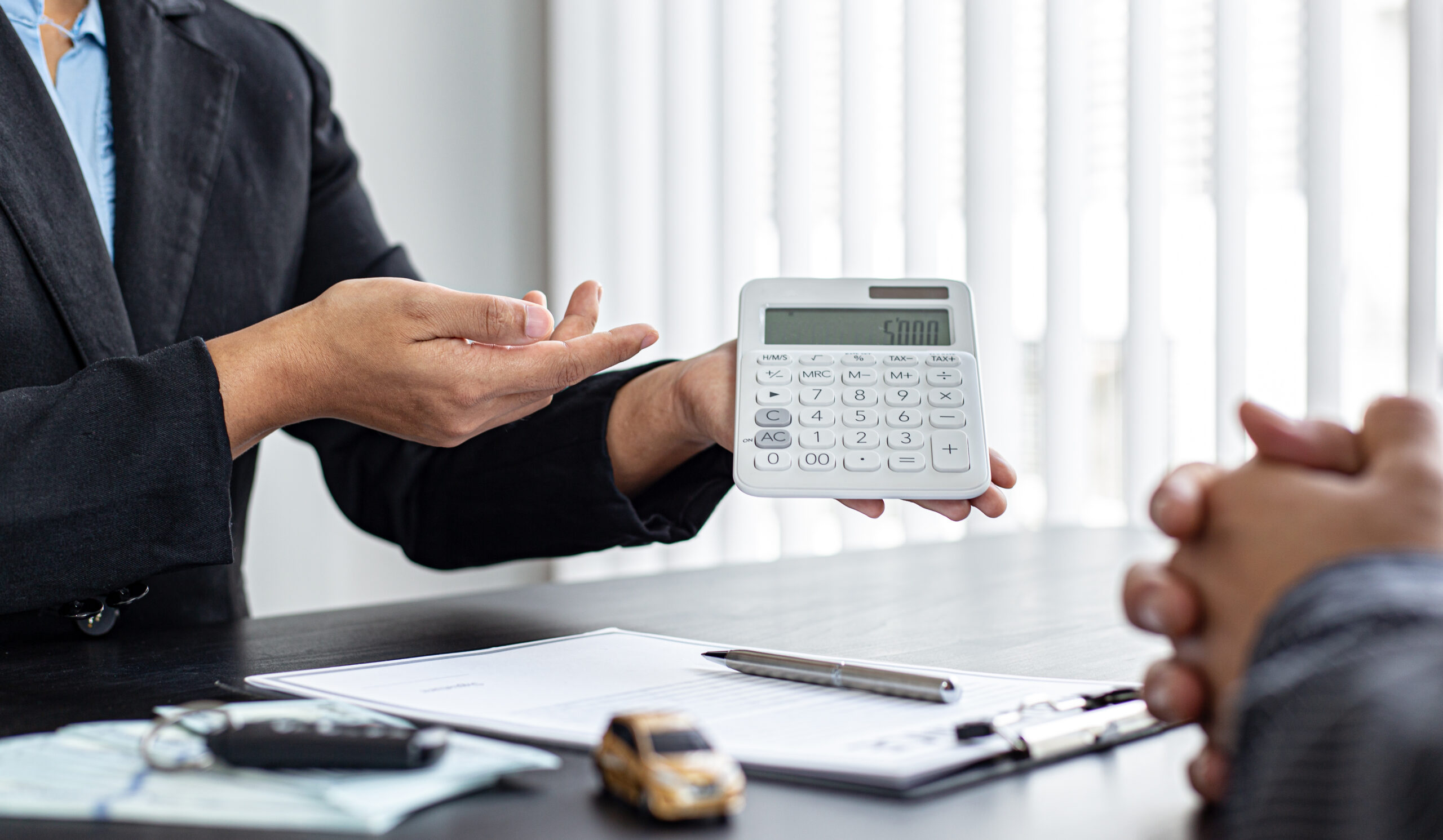Central Issues in a California Lemon Law Case
The evidence that can strengthen one’s lemon law case depends on the issues that are central to lemon law claims. Under California lemon laws, the purchaser of a new car is entitled to a refund or replacement of a vehicle with a “nonconformity” if the manufacturer fails to remedy the nonconformity despite making a reasonable number of attempts.
The law defines “nonconformity” as substantially impairing the car’s use, value, or safety.
Furthermore, California lemon law recognizes a legal presumption that a reasonable number of attempts to remove a car’s nonconformity were made in certain circumstances within 18 months or 18,000 miles from the date the purchase received their car.
The presumption applies if the manufacturer made two attempts to remove a nonconformity that creates a risk of serious bodily injury or death if driven. The presumption may also apply when the manufacturer made four attempts to fix the nonconformity or if the car was out of service for more than a total of 30 days.
If established, the burden of proof shifts to the defendant—typically the car manufacturer or its agents—to show that conditions outside their control prevented them from making the necessary repairs or that the nonconformity did not substantially impair the car’s use, value, or safety.
With that in mind, proving a lemon law claim depends on various factors requiring many different kinds of evidence.
Vehicle Registration
The vehicle owner is entitled to recover legal relief in a lemon law case. Therefore, a lemon law claim must include evidence that the claimant is the valid owner of the vehicle in question. Documents related to vehicle registration will be strong evidence that demonstrates vehicle ownership.

Furthermore, vehicle registration can be essential in establishing a timeline for repairs. Such a timeline may be critical when trying to prove that the car was out of service for more than 30 days within 18 months or 18,000 miles from the date the manufacturer delivered the car to the buyer.
Repair records
Records related to attempts to repair a vehicle serve as evidence that directly relates to the issue of whether the manufacturer failed to fix the nonconformity within a reasonable number of attempts. Such records often help to establish the dates of certain repair attempts, the problems the buyer complained about, the type of work performed on the car, and whether the car was under warranty.
Out-of-Service Records
Importantly, repair records for issues requiring the car to be out of service for an extended period are crucial for establishing the legal presumption under California lemon law. The amount of time a car is out of service can be a central issue if the buyer tries to prove the presumption’s application.
Warranty documents
California lemon law grants relief to purchasers if their car was under the initial warranty when the nonconformity was affecting it. Warranty documents show the period when it was in effect and provide details on the type of repairs and components the warranty covers.
Photographic evidence
Buyers should keep a photographic record of the issues affecting their car. Such records may be crucial when trying to prove that the nonconformity substantially impaired the car’s use, value, or safety. Thankfully, in the age of smartphones, the ability to take pictures and videos is commonplace.

Moreover, smartphone cameras have metadata that shows when and where a particular picture or video was taken. Furthermore, photographic evidence can serve as a method of backing up other records if you take a photograph of all other relevant documents.
Communications
Buyers should try to communicate in writing to bolster a lemon law claim. Email and text messages can be used to establish a timeline of events. Importantly, proof of written notice to the manufacturer of the nonconformity in question is often a critical issue when making a lemon law claim.
Witness testimony
The testimony of various witnesses can be a vital type of evidence related to various critical issues in a lemon law claim. The word of one’s friends or co-workers regarding the defects that affect a car can go a long way when trying to prove that a nonconformity substantially impaired the car. Another source of strong evidence may involve other vehicle owners affected by the same nonconformities.
Importantly, if there were any communications not made in writing with certain parties—including manufacturer representatives, mechanics, or the service staff at the dealership—but related to a material issue of the case, their testimony as witnesses can help close that evidentiary gap.
Expert testimony
Testimony from expert witnesses can provide a strong evidentiary basis for making a lemon law claim. Unlike non-experts, expert testimony is not limited to facts they directly observe in person.

Experts can draw conclusions based on relevant factual scenarios that would otherwise be considered hypothetical. Expert witnesses may include professional engineers, automotive specialists, and technicians.
Retain the Services of an Experienced Lemon Lawyer at San Diego Lemon Law, PC
Pursuing relief under California’s lemon laws can be challenging and complex for most individuals. A lemon law claim often involves sophisticated issues of law and fact that only an experienced attorney can handle. Moreover, claimants in a lemon law case find themselves facing off against behemoths, such as car manufacturers and dealerships. This can be intimidating for the average person seeking legal compensation for a vehicle that fails to conform to the manufacturer’s warranty.
If you have a vehicle suffering from a nonconformity that substantially impairs its use, value, or safety, you should seek the assistance and counsel of an experienced lemon law attorney. At San Diego Lemon Law, PC, our legal team has over 20 years of experience spearheading lemon law cases for Southern California residents.
We can help you parse through the complex legal issues arising in lemon law cases, giving you the confidence and resources to fight for your legal right to legal compensation. To schedule a free planning session with one of our accomplished lemon lawyers, call us at (619) 434-0819 today.



 Call Us Now
Call Us Now



